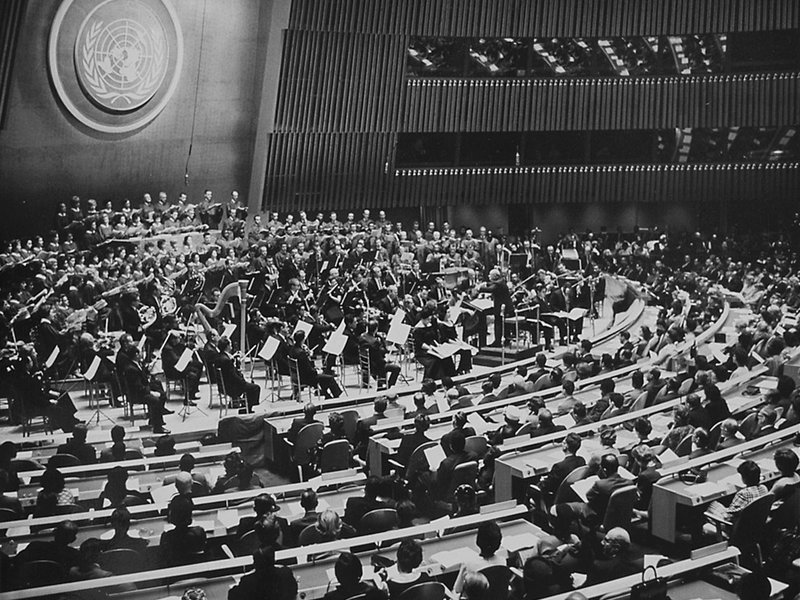THE RECOGNITION OF THE CATALAN REPUBLIC
Spain has launched a trial against independence leaders in which monstrous penalties of up to 25 years in prison are requested for events that several European courts consider were not even crimes. Indeed, the German judiciary refused to extradite president Puigdemont, as requested by the Spanish courts, while the British courts turned down the extradition of former minister Ponsatí, as did Belgian courts for several ex-ministers. But Spain will judge these independence leaders for defending the right to vote. The headline of The Times newspaper in February was clear: “The Times view on the trial of the Catalan 12: Spanish Inquisition”.
This is a political and ideological trial against democracy and Catalan independence, against the social and political majority of the Catalan population. This has been repeatedly demonstrated by the massive and peaceful demonstrations of recent years in Europe in favour of the independence of Catalonia, and with absolute majorities of the independence parties in the most recent elections to the Parliament of Catalonia, and especially in the referendum on self-determination on October 1, 2017, in which the votes in favour of the independence of Catalonia exceeded 90%, despite the brutal repression by the Spanish police.
The Spanish state alleges that the trial conforms with the law. However, the Spanish Constitution in its articles 10.2 and 96 obliges respect for ratified international agreements. And Spain ratified the Charter of the United Nations and the International Covenants where the right of peoples to self-determination is enshrined. And on October 27, 2017 the Parliament of Catalonia proclaimed the Catalan Republic, according to the will of the Catalan people, to break through centuries of colonial rule by Spain.
The spirit of Catalonia is democratic. In 1971, cellist Pau Casals said at the UN, in the opening ceremony for the United Nations Hymn, which he composed, that Catalonia is a great nation because it had the first parliament, in the 11th century. On the other hand, Spain is authoritarian and imperialist. Faced with the desire for the independence of Catalonia, the neo-fascist drift of Spain has accelerated.
In addition to the growing number of human rights violations, the rise of Vox, a party similar to PP and C’s with respect to Catalonia, but which does not hide its extreme right positions, shows that. And unlike in other European countries, the Spanish right has allied with Vox.
Meanwhile, what does the European Union say? Spain’s President Sánchez was met in the European Parliament on January 16 with support for the political prisoners and exiles. Yet, sadly, the EU’s democratic deficit permeates its institutions. Take the European Commission, still blind to Spain’s serious violations of human rights in Catalonia. Nevertheless, this mismatch between reality and action, and by not threatening Spain with article 7 of the Treaty on the EU after its blatant human rights violations in Catalonia, Europe may see its image as a backbone of freedom and democracy being eroded more and more, in the eyes of the world, and among its own member states.
Referring to Venezuela, several states have acknowledged Mr Guaidó, despite his not ruling the country. The Catalan Republic was validly proclaimed in accordance with international law. Therefore, the fact that it is not effective at this time should not be an obstacle to its international recognition, as in the case of Kosovo. The recognition of the Catalan Republic is currently the cornerstone of the defence of democracy. While the defence of the status quo is leading again to fascist barbarism.

